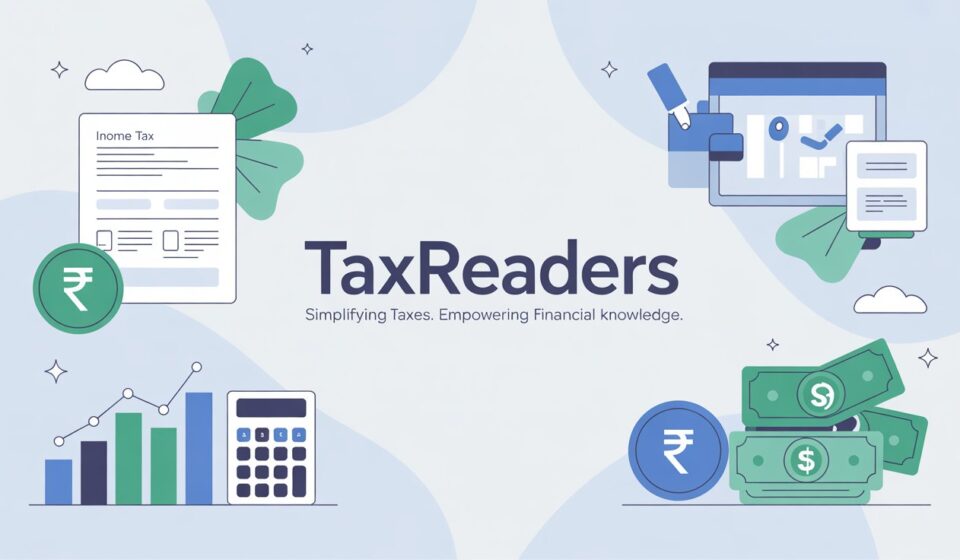
Import of Services Under GST
Import of Services Under GST
The import of services under the Goods and Services Tax (GST) regime is an important concept for businesses that receive services from foreign providers. Understanding how GST applies to these transactions is key to ensuring compliance and proper utilization of input tax credits. This article explains the framework, applicable rules, and practical aspects of importing services under GST in simple, conversational language.
What is Import of Services?
Import of services refers to the receipt of any service from a non-resident supplier where the benefit of that service is enjoyed in India. Examples include software services, consulting, technical support, and royalty payments. Under GST, such transactions attract tax under the reverse charge mechanism, meaning the recipient (importer) is responsible for paying the GST instead of the supplier.
Legal Framework for Import of Services
- Reverse Charge Mechanism: Since foreign suppliers are not required to register for GST in India, the recipient must pay the applicable GST on the imported service.
- Place of Supply Rules: The GST rate is determined based on the location where the service is utilized. For imported services, this is typically in India.
- ITC Eligibility: The GST paid on imported services is available as Input Tax Credit (ITC), provided the conditions for ITC are met.
How GST Applies to Imported Services
Reverse Charge Mechanism
Under the reverse charge mechanism, the recipient of the service must pay GST on the imported service at the applicable rate. This applies even if the supplier is located outside India. The rate for most imported services is 18%, although it may vary based on the specific nature of the service.
Calculation of GST on Imported Services
- GST Amount = 18% of ₹100,000 = ₹18,000
The recipient must then pay this GST to the government and claim it as ITC if eligible.
Input Tax Credit on Imported Services
- The service is used for making taxable supplies.
- The ITC is reflected in the electronic credit ledger.
- The conditions specified under the CGST Act and rules are met.
Claiming ITC helps reduce the overall tax liability by offsetting the tax paid on inputs against the output tax liability.
Exemptions and Special Considerations
- Documentation: Keep detailed records of imported services, including invoices and proof of payment, to support ITC claims.
- Compliance: Ensure timely payment of GST under reverse charge and proper filing of GST returns to avoid penalties.
- Updates: Stay updated on any changes in rates or rules, as these can affect both the GST liability and ITC claim process.
Practical Example
- Service cost: ₹200,000
- Applicable GST rate: 18%
- GST payable: 18% of ₹200,000 = ₹36,000
The business pays ₹36,000 under the reverse charge mechanism and, if eligible, can claim this amount as ITC on its GST return.
FAQ: Import of Services Under GST
What is meant by import of services under GST?
It refers to receiving any service from a foreign supplier where the service benefit is utilized in India. The recipient pays GST under the reverse charge mechanism.
Who is responsible for paying GST on imported services?
The recipient of the service is responsible for paying GST, as the reverse charge mechanism applies.
What is the applicable GST rate for most imported services?
The typical GST rate on imported services is 18%, though the rate may vary based on the service category.
Can I claim Input Tax Credit on imported services?
Yes, if the conditions under the CGST Act are met, you can claim the GST paid as Input Tax Credit.
How is GST calculated on imported services?
GST is calculated on the total consideration paid for the service. For example, on a service costing ₹100,000 at an 18% rate, the GST would be ₹18,000.
What documentation is needed for ITC on imported services?
Maintain all invoices, payment proofs, and documentation related to the imported services for accurate ITC claims.
Are there any exemptions for imported services?
Some imported services may be exempt based on official notifications. Always refer to the latest updates from the GST Council.
What are the compliance requirements for imported services?
The recipient must pay GST under reverse charge, file appropriate GST returns, and ensure proper reconciliation of ITC.
What happens if I fail to pay GST on imported services?
Non-compliance can result in penalties, interest, and possible scrutiny from tax authorities.
Where can I find updated information on import of services under GST?
Refer to official sources such as the GST portal, Ministry of Finance notifications, and reputable financial news outlets for the latest updates.
Conclusion
Understanding the import of services under GST is crucial for businesses operating in the global market. With the reverse charge mechanism, the burden of paying GST shifts to the recipient, ensuring that all imported services are taxed appropriately. By keeping accurate records and staying compliant with the rules, businesses can efficiently manage their tax liabilities and claim Input Tax Credit on imported services. Stay informed and consult with a tax professional if needed to make the most of the GST framework.


